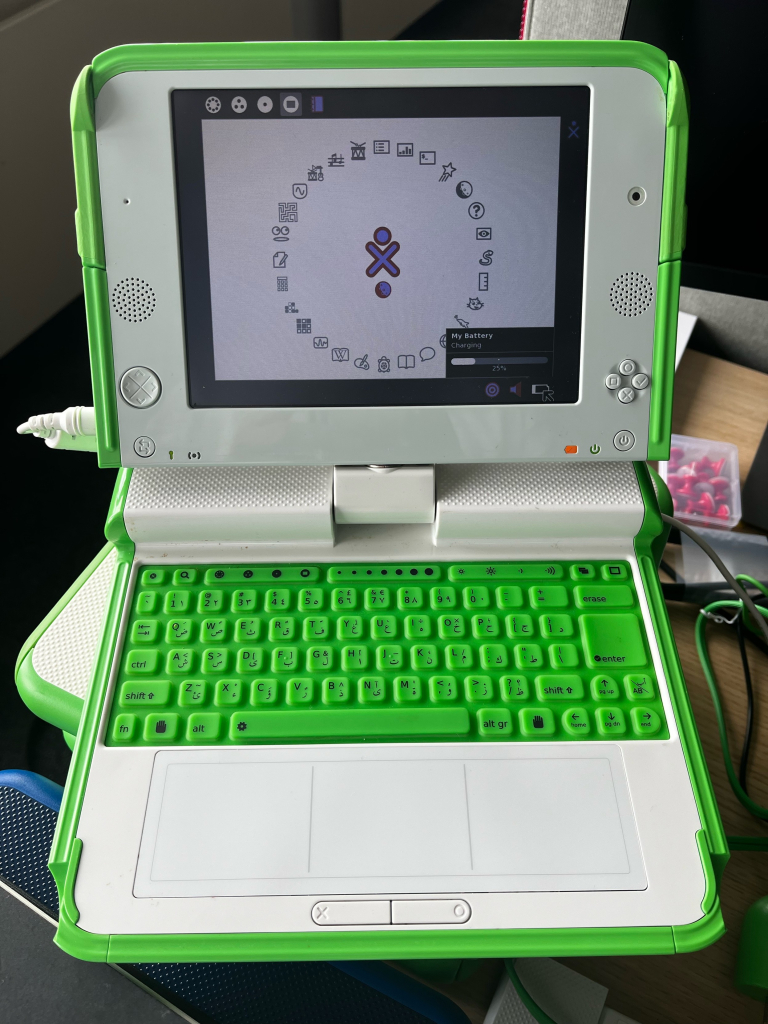Quite some years ago (2006-08), we brought the #OLPC AKA the 100$ laptop to Ethiopia as pilot. A surprising thing happened. The laptops were often without battery power in the morning. A thing that wasn’t anticipated. It had two reasons. One was the keyboard LED (it was removed in later series). It was used by the parents to have a light at home. The other was a bigger surprise. The parents used the mesh networking to discuss market prices for their produce. Fascinating. 1/8
Dieser Beitrag wurde bearbeitet. (7 Monate her)


Jan Wildeboer 😷:krulorange: •
Jan Wildeboer 😷:krulorange: •
Jan Wildeboer 😷:krulorange: •
Doug Webb •